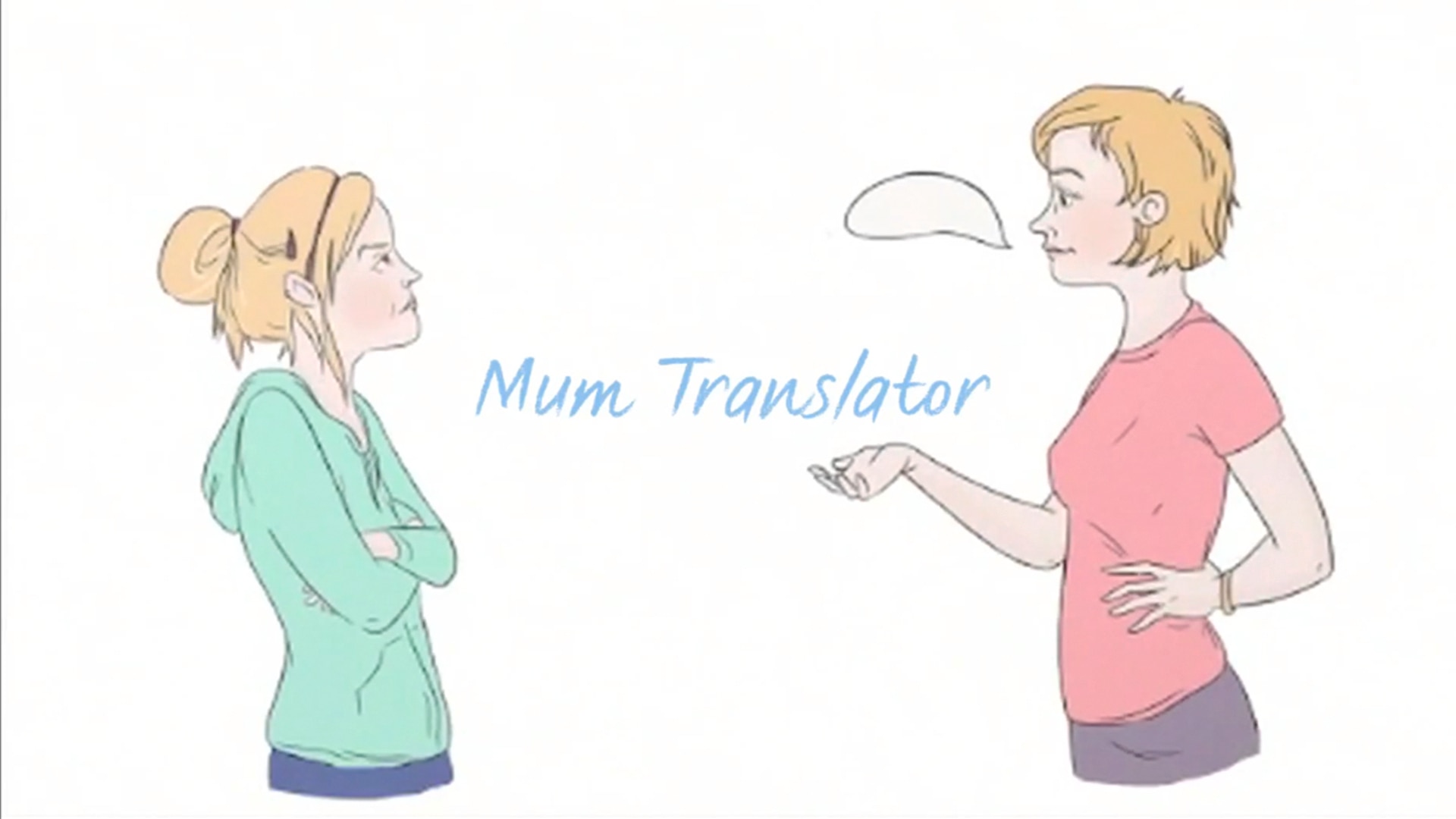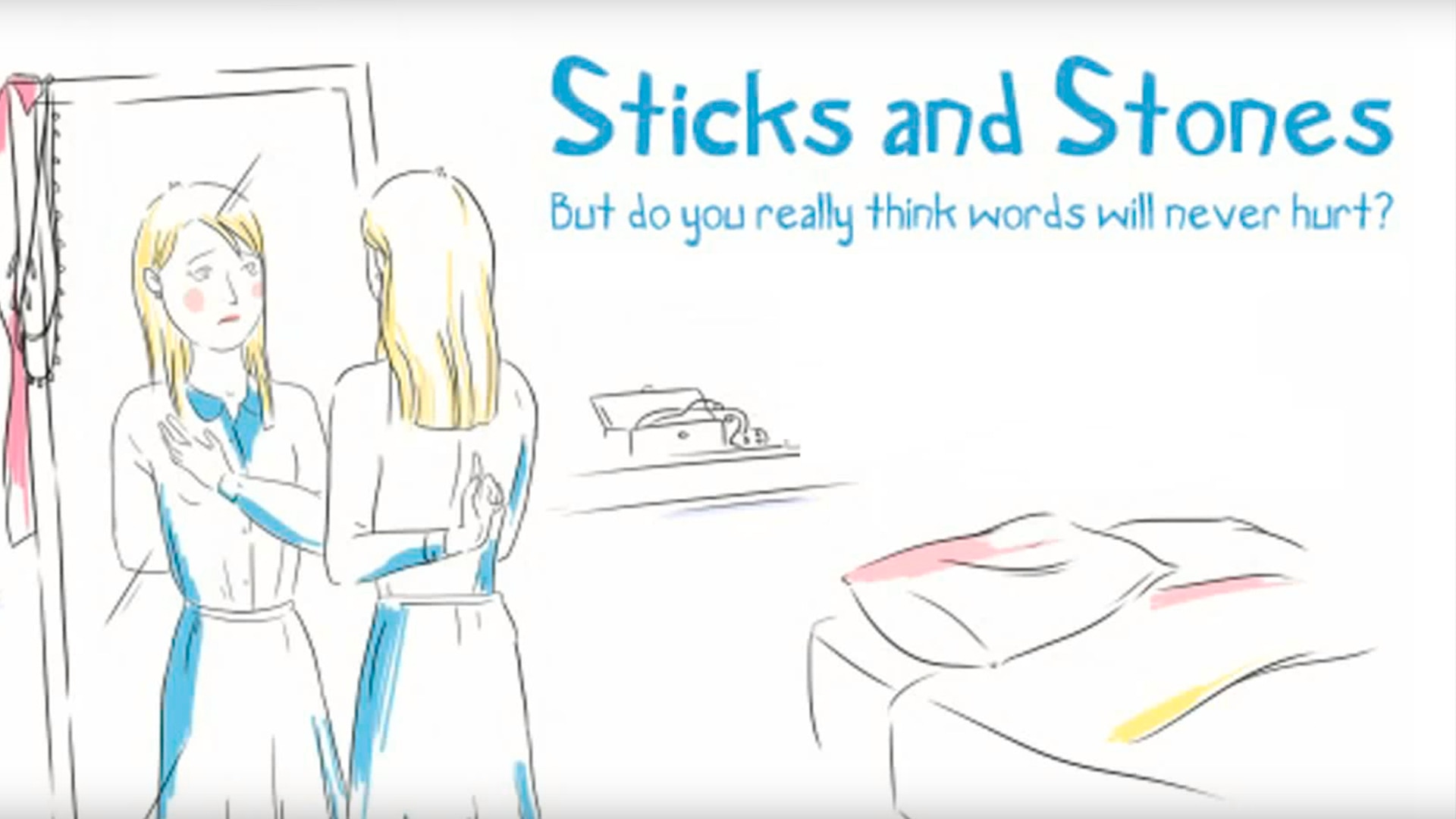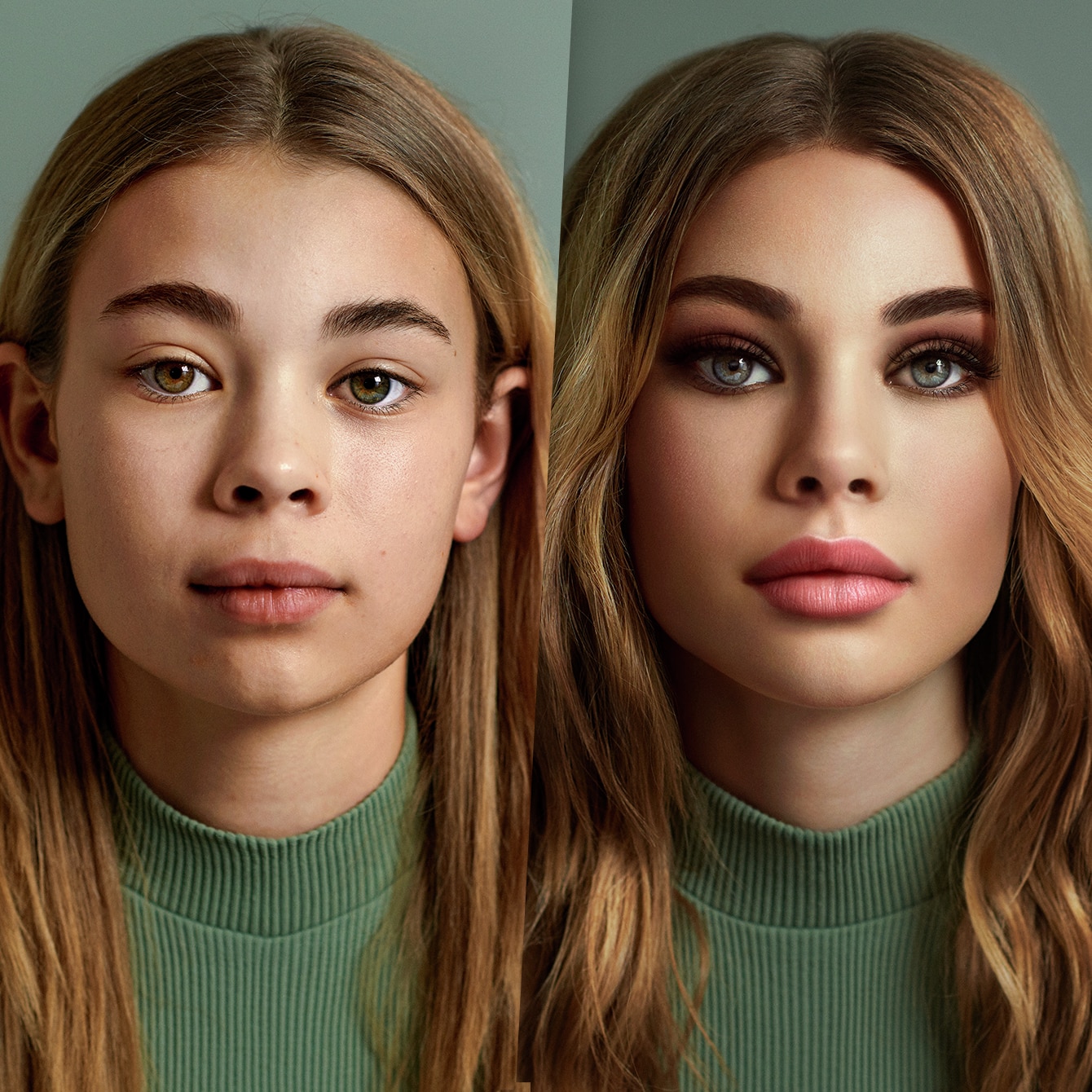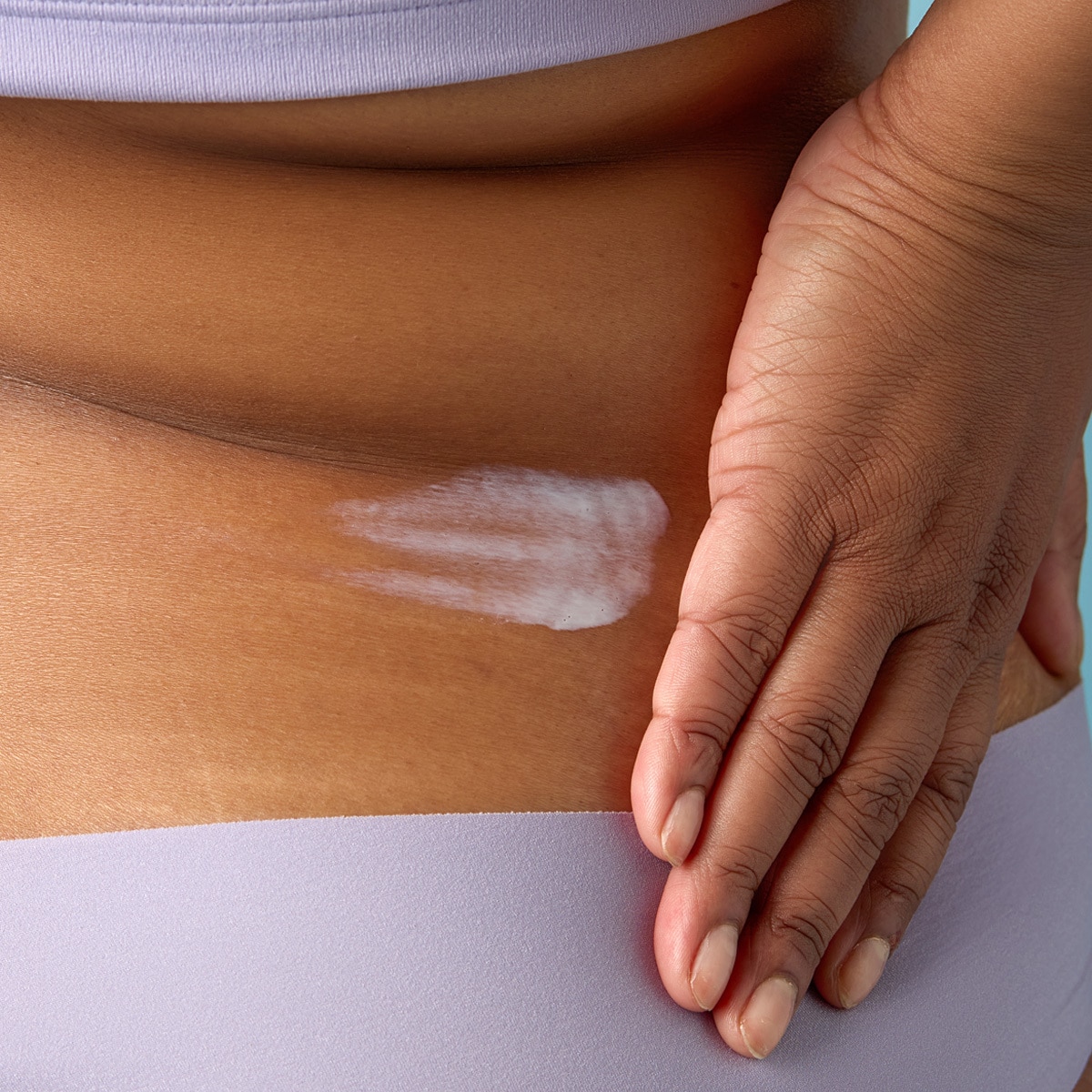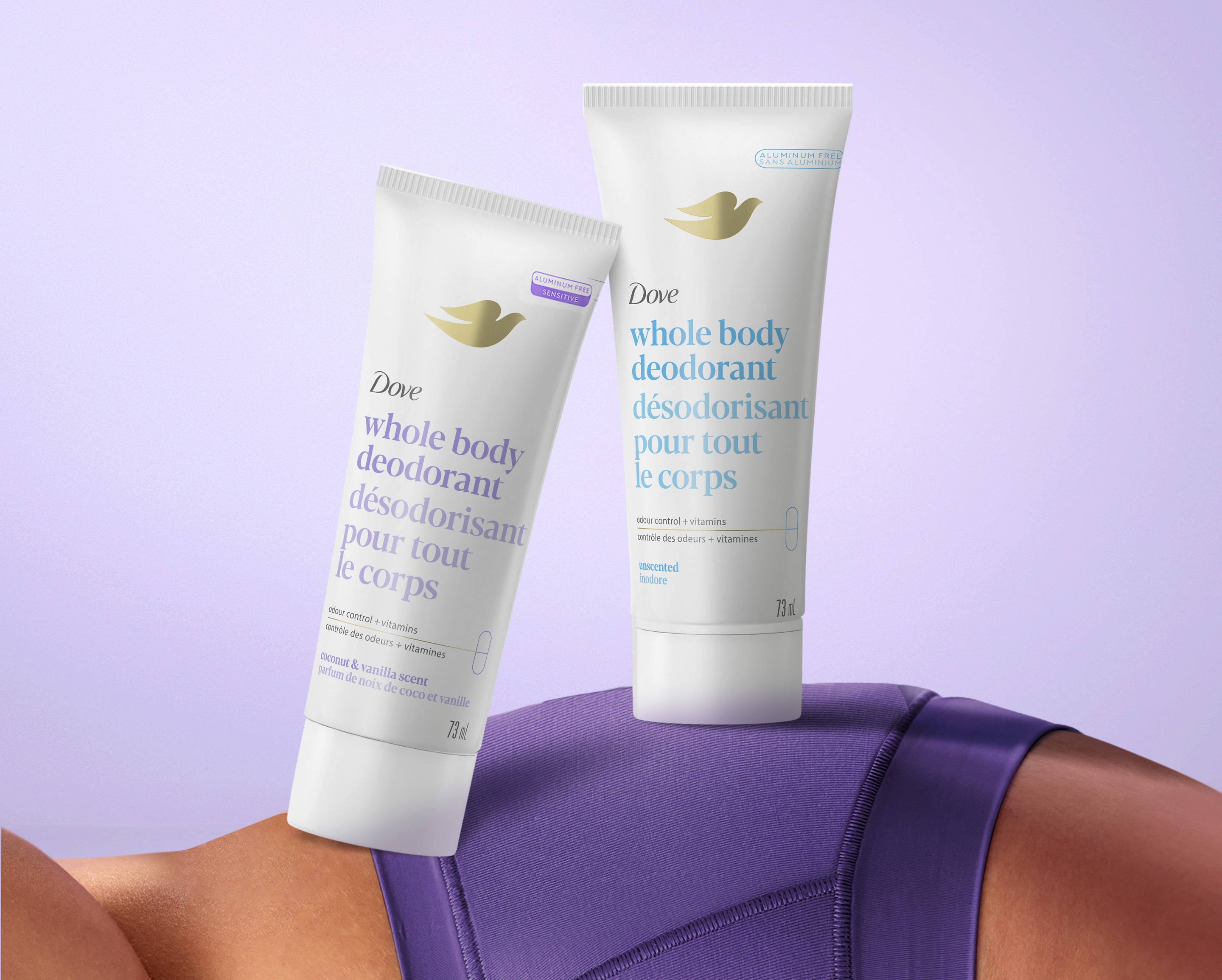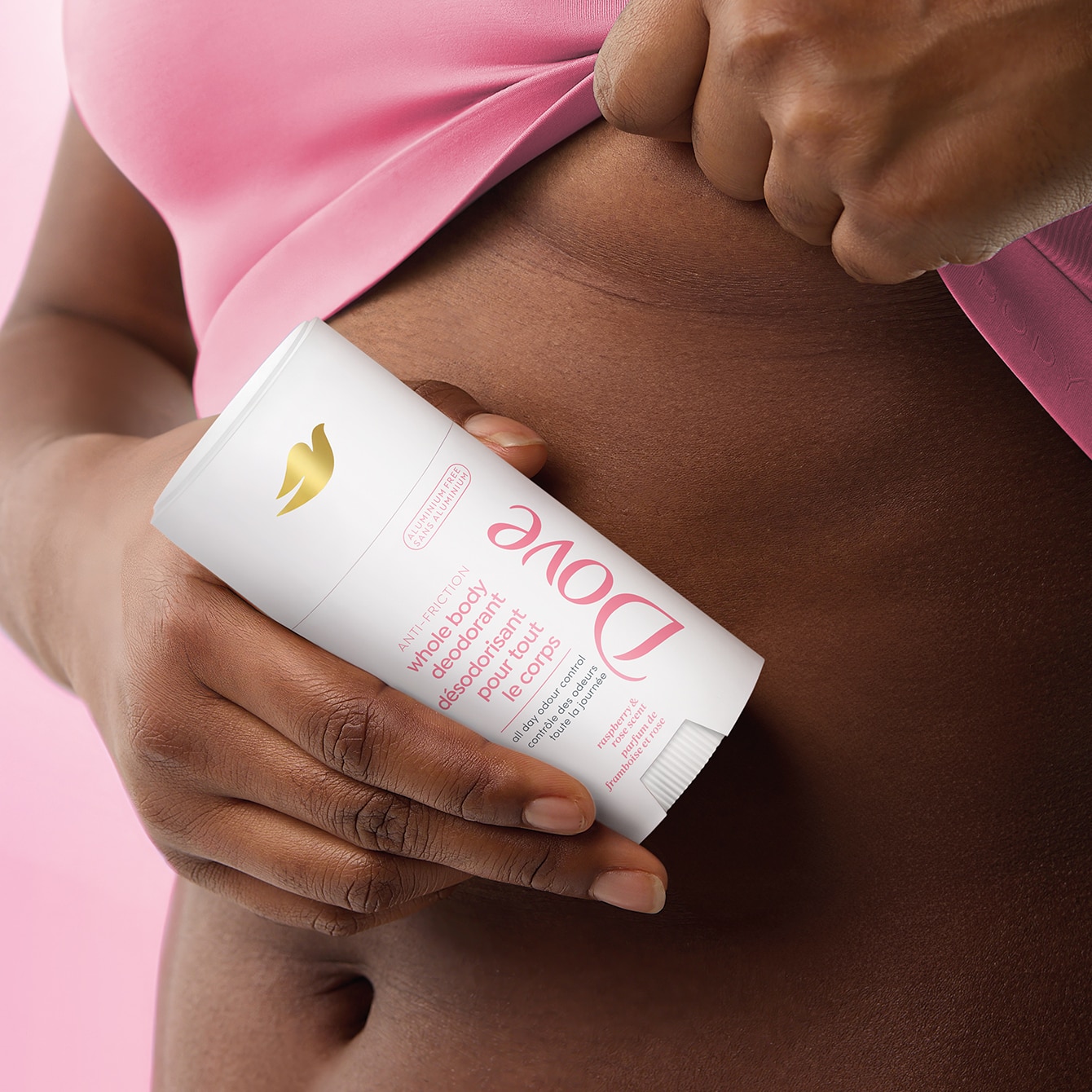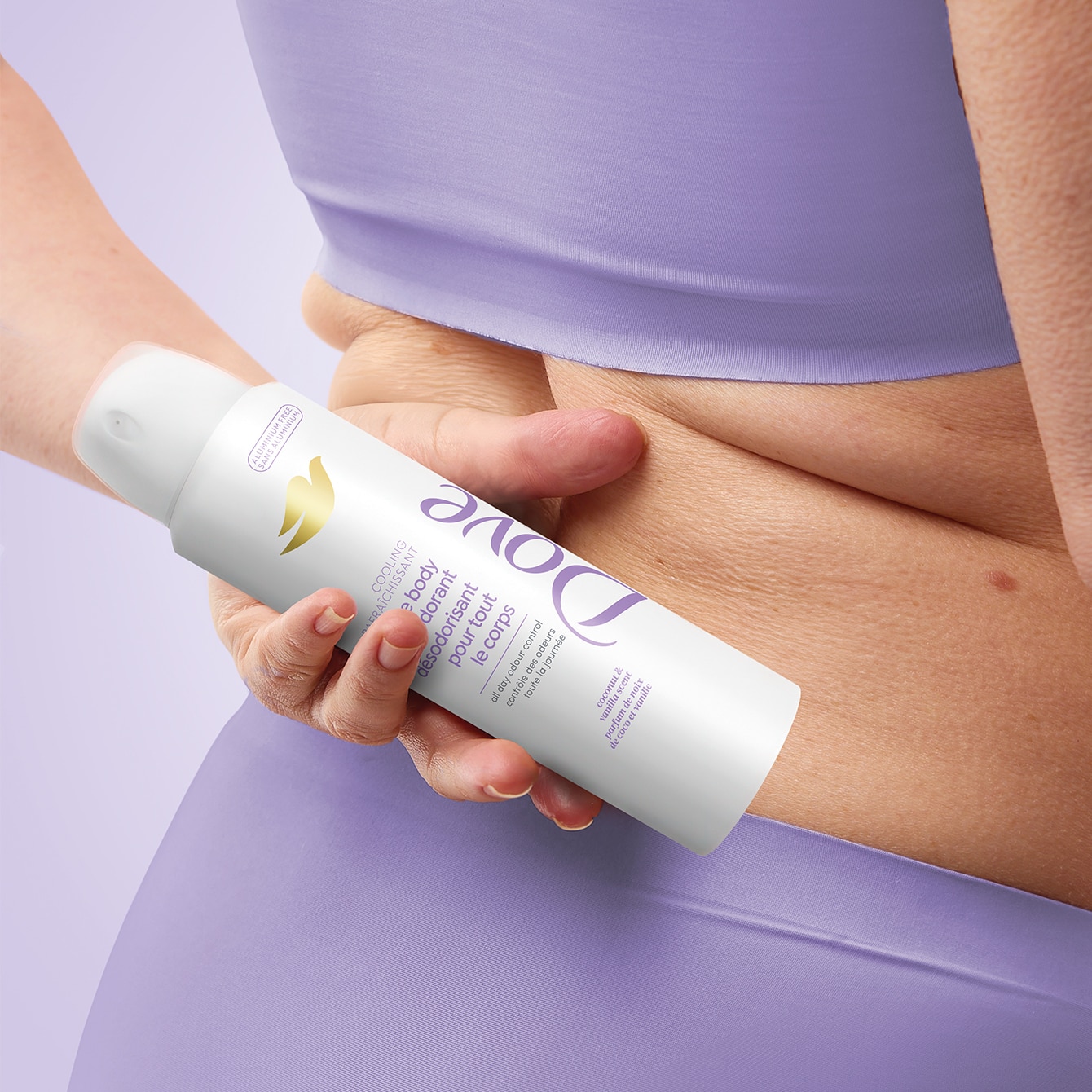We often hear that scrolling on social media can have a negative impact on young people’s self-esteem and confidence. Research shows that the people and types of content we follow can actually help us feel happier and more confident.
By helping your child to weed out accounts that make them feel bad about themselves and curate a more positive social media feed, you can help them get the most out of their time online. As Instagram body positive advocate Megan Crabbe (@bodyposipanda) says, “your online space should feel like somewhere that you want to go, that inspires you and makes you feel positively about yourself and the world."
How to use social media
So, what’s likely to make your child feel good about themselves when they’re scrolling on social media? Scientists and psychologists have found that certain types of content are particularly good for improving body confidence. This includes:
Inclusive and diverse representations of beauty (body sizes, shapes, skin tones, abilities and appearances)
Memes with uplifting content that remind us to to be kind to ourselves
Body positive influencers who celebrate real, diverse and inclusive beauty (we’ve listed some of our favourites below)
Parody posts or videos that challenge unrealistic beauty standards and stereotypes like the amazing@celestebarber
Less: digital distortion and unrealistic ideals
There are plenty of positive ways to use social media – but studies also show that some content should be avoided to help create a body positive social media space. Seeing certain types of content for just a few minutes can have a negative impact on young people’s self-esteem and body confidence:
Digitally distorted images that promote unrealistic beauty ideals and social media stereotypes
Carefully curated, filtered and edited selfies
‘Fitspiration’ content that promotes the idea that women and girls must aspire to a particular body type to be ‘fit’ or ‘healthy’
Creating a positive social media space
Share these tips with a young person in your life and have the selfie talk to help them create confidence boosting social media feeds:

